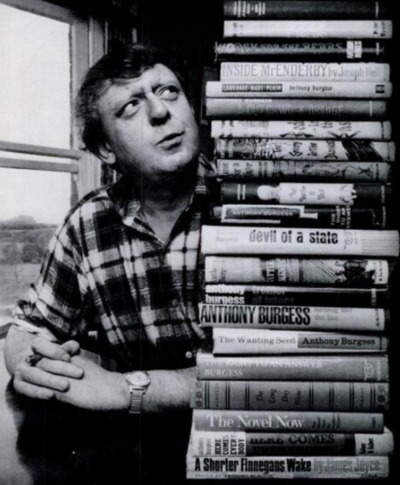Following up on Franklin Foer’s New Republic call to arms about Amazon’s price-setting power, here’s an excerpt from Paul Krugman’s balanced look in the New York Times at the robber baron of books:
“Does Amazon really have robber-baron-type market power? When it comes to books, definitely. Amazon overwhelmingly dominates online book sales, with a market share comparable to Standard Oil’s share of the refined oil market when it was broken up in 1911. Even if you look at total book sales, Amazon is by far the largest player.
So far Amazon has not tried to exploit consumers. In fact, it has systematically kept prices low, to reinforce its dominance. What it has done, instead, is use its market power to put a squeeze on publishers, in effect driving down the prices it pays for books — hence the fight with Hachette. In economics jargon, Amazon is not, at least so far, acting like a monopolist, a dominant seller with the power to raise prices. Instead, it is acting as a monopsonist, a dominant buyer with the power to push prices down.
And on that front its power is really immense — in fact, even greater than the market share numbers indicate. Book sales depend crucially on buzz and word of mouth (which is why authors are often sent on grueling book tours); you buy a book because you’ve heard about it, because other people are reading it, because it’s a topic of conversation, because it’s made the best-seller list. And what Amazon possesses is the power to kill the buzz. It’s definitely possible, with some extra effort, to buy a book you’ve heard about even if Amazon doesn’t carry it — but if Amazon doesn’t carry that book, you’re much less likely to hear about it in the first place.
So can we trust Amazon not to abuse that power?”
Tags: Paul Krugman

